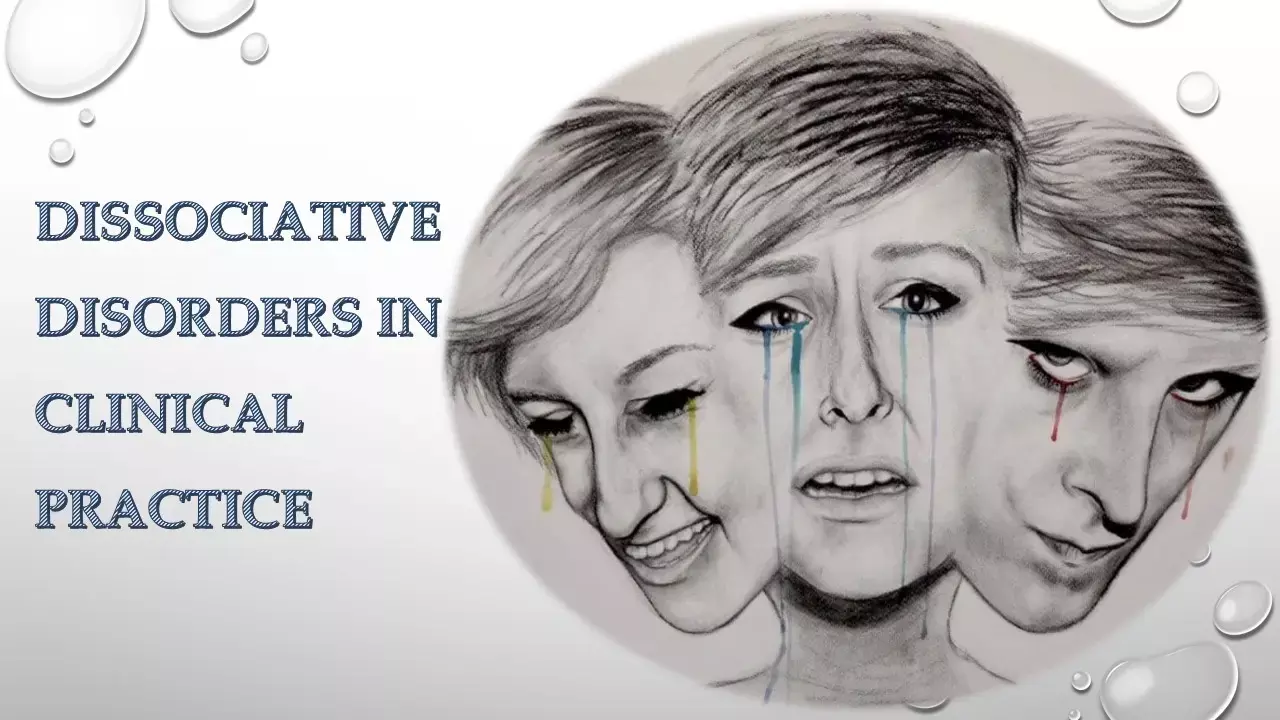- Home
- Medical news & Guidelines
- Anesthesiology
- Cardiology and CTVS
- Critical Care
- Dentistry
- Dermatology
- Diabetes and Endocrinology
- ENT
- Gastroenterology
- Medicine
- Nephrology
- Neurology
- Obstretics-Gynaecology
- Oncology
- Ophthalmology
- Orthopaedics
- Pediatrics-Neonatology
- Psychiatry
- Pulmonology
- Radiology
- Surgery
- Urology
- Laboratory Medicine
- Diet
- Nursing
- Paramedical
- Physiotherapy
- Health news
- Fact Check
- Bone Health Fact Check
- Brain Health Fact Check
- Cancer Related Fact Check
- Child Care Fact Check
- Dental and oral health fact check
- Diabetes and metabolic health fact check
- Diet and Nutrition Fact Check
- Eye and ENT Care Fact Check
- Fitness fact check
- Gut health fact check
- Heart health fact check
- Kidney health fact check
- Medical education fact check
- Men's health fact check
- Respiratory fact check
- Skin and hair care fact check
- Vaccine and Immunization fact check
- Women's health fact check
- AYUSH
- State News
- Andaman and Nicobar Islands
- Andhra Pradesh
- Arunachal Pradesh
- Assam
- Bihar
- Chandigarh
- Chattisgarh
- Dadra and Nagar Haveli
- Daman and Diu
- Delhi
- Goa
- Gujarat
- Haryana
- Himachal Pradesh
- Jammu & Kashmir
- Jharkhand
- Karnataka
- Kerala
- Ladakh
- Lakshadweep
- Madhya Pradesh
- Maharashtra
- Manipur
- Meghalaya
- Mizoram
- Nagaland
- Odisha
- Puducherry
- Punjab
- Rajasthan
- Sikkim
- Tamil Nadu
- Telangana
- Tripura
- Uttar Pradesh
- Uttrakhand
- West Bengal
- Medical Education
- Industry
Agitation, amnesia and a unique case of dissociation

Dissociation is a disconnection between a person's thoughts, memories, feelings, actions, or sense of who he or she is. It has a lifetime prevalence of about 10% in the general population and clinical psychiatric setting and generally lasts from hours to days, but usually not more than 2 weeks. The present case report describes a young male who experienced a dissociative episode over a prolonged period of time (4 weeks), with a unique mix of psychiatric and behavioural symptoms. It was published in Hindawi Journal by Kieran Groom et al.
Dissociative disorders can be described and understood using the combination of five core symptoms: amnesia, depersonalisation, derealisation, identity confusion, or identity alteration. The onset of dissociative episodes is usually sudden and usually follows traumatic or stressful events.
A 21-year old male presented to the hospital with increased anxiety reporting that he felt like he was dying. Patient was s a known case of high functioning autism, obsessive-compulsive disorder (OCD), without any significant physical health problems. Lab results were normal except for hyperprolactenemia. He was diagnosed to be having panic attack and was discharged shortly.
Within few hours he presented again with increased signs of agitation, pacing around, and being nonverbal. Urine toxic substance screen was negative. Several other routine investigations were also within normal limits. He was started treatment for IV acyclovir for prophylaxis against potential encephalitis.
After around 10 days he was still displaying severe disorientation to time, place, and person. Thought block was evident and major, accompanied by markedly limited speech. He appeared to be in an altered state of consciousness and had a dazed confused look, accompanied with an almost catatonic-like physical presentation whereby there was increased muscle tone in upper and lower limbs bilaterally but was able to withdraw sharply to needles when doctors attempted phlebotomy.
Thoughts were considered to be very disordered and chaotic. Speech possibly suggested auditory hallucinations. He was disorientated to time, person, and place, and lacked insight and capacity with regard to his mental state.
Various typical and atypical antipsychotics were tried but patient's symptoms were not relieved. By the 19th day postadmission, presentation remained unchanged except with the addition of increased frequency of agitation episodes.
From 21st day onwards his symtoms started improving gradually. The patient was able to speak full sentences and hold conversations. On the 28th day, the patient was reviewed and it was decided that the patient was not displaying any acute signs of mental illness and was able to perform all activities of daily living independently. He displayed localised episodic amnesia by not being able to recall anything in the past few weeks.
Memory loss was episodic as he did not remember majority of the past few weeks and his last memory was entering the emergency department. He was completely unaware of what happened on the acute psychiatry unit ward.
Environmental stressors including university examinations, the COVID-19 pandemic, and recent contact with his estranged father were possible precipitants to the episode. Hyperprolactenemia was attributed to these stressor events. The patient reported almost complete unawareness of the psychiatric admission. A diagnosis of dissociative disorder, unspecified, was given.
This case shows the management and diagnostic challenges of patients presenting with the aforementioned symptoms. There was a unique mix of psychiatric and behavioural symptoms including formal thought disorder accompanied with severe thought block and word salad, purposeless wandering, chaotic behaviour, and bizarre delusions in this case. There are no formal guidelines for the management of treating dissociative episodes, and this case report suggests the possible benefits of a drug-free period of watchful waiting upon admission.
Source: Hindawi Psychiatry : https://doi.org/10.1155/2021/6619579
M.B.B.S, M.D. Psychiatry
M.B.B.S, M.D. Psychiatry (Teerthanker Mahavir University, U.P.) Currently working as Senior Resident in Department of Psychiatry, Institute of Human Behaviour and Allied Sciences (IHBAS) Dilshad Garden, New Delhi. Actively involved in various research activities of the department.
Dr Kamal Kant Kohli-MBBS, DTCD- a chest specialist with more than 30 years of practice and a flair for writing clinical articles, Dr Kamal Kant Kohli joined Medical Dialogues as a Chief Editor of Medical News. Besides writing articles, as an editor, he proofreads and verifies all the medical content published on Medical Dialogues including those coming from journals, studies,medical conferences,guidelines etc. Email: drkohli@medicaldialogues.in. Contact no. 011-43720751


